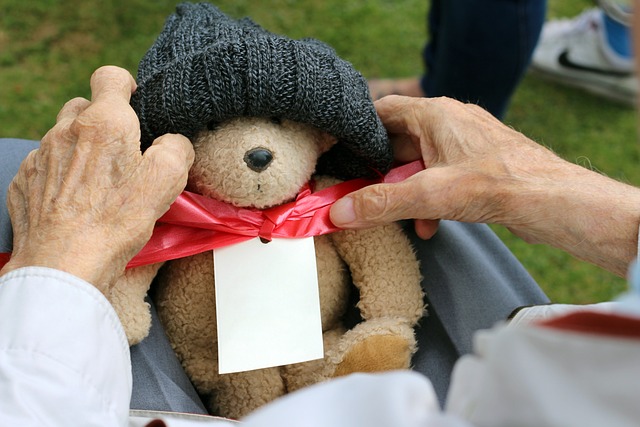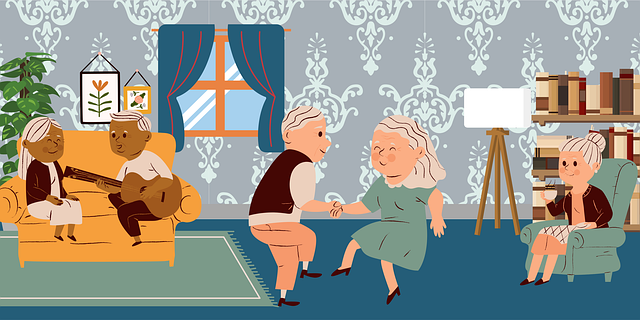Elderly sexual abuse is a hidden crisis requiring interdisciplinary collaboration among professionals from diverse fields, including legal experts, healthcare providers, social workers, and mental health specialists in Pennsylvania. This unified approach addresses medical care, emotional support, and evidence gathering to overcome power dynamics, memory problems, and fear of retaliation. An elderly sexual assault lawyer plays a crucial role in navigating these complexities and achieving holistic justice for victims.
Interdisciplinary collaboration is crucial in addressing the complex issue of elder sexual abuse, a pervasive problem impacting vulnerable seniors. This article explores the significance of such teamwork through Pennsylvania case studies, delving into the dynamics of elder sexual abuse and the challenges faced by prosecutors. We highlight how integrated teams, comprising legal experts, healthcare professionals, and social workers, can successfully defend victims’ rights, ensuring justice for those affected by this heinous crime. For those seeking guidance, an elderly sexual assault lawyer in Pennsylvania plays a vital role in navigating these complex cases.
Understanding Elder Sexual Abuse Dynamics

Elderly sexual abuse is a complex and often hidden issue, making it crucial for professionals from diverse fields to work together. Understanding the dynamics of such cases involves recognizing power imbalances, trust issues, and the unique vulnerabilities of the elderly population. In many instances, older adults may be hesitant to report abuse due to fear, embarrassment, or a lack of understanding of their rights, particularly if the abuser is someone they know or trust.
An elderly sexual assault lawyer in Pennsylvania highlights that navigating these cases requires a nuanced approach. Interdisciplinary collaboration brings together legal experts, healthcare professionals, social workers, and mental health specialists who can provide comprehensive support to victims. This unified effort ensures that every aspect of the case is addressed, from medical care and evidence collection to legal representation and emotional support, thereby fostering a more effective response to elder sexual abuse.
Challenges in Prosecuting These Cases

Elderly sexual abuse cases present unique challenges for prosecutors due to their sensitive nature and the often vulnerable state of the victims. One significant hurdle is the tendency for elders to minimize or deny the abuse, attributing it to confusion or delusions, which can make it difficult to build a strong legal case. Additionally, these cases often involve complex power dynamics and relationships, where abusers may be family members or caregivers, complicating the prosecution’s task further.
The complexity of gathering evidence is another challenge. Elderly victims may struggle with memory issues or be reluctant to share details for fear of embarrassment or retaliation. This requires prosecutors to employ creative strategies, such as using medical and financial records, witness testimonies, and expert opinions from elderly care professionals, to piece together the events and establish criminal liability. An experienced elderly sexual assault lawyer in Pennsylvania understands these nuances and can navigate these challenges effectively.
The Role of Interdisciplinary Teams in Success

Interdisciplinary teams play a pivotal role in achieving successful outcomes in elder sexual abuse cases, where complex dynamics and unique challenges often arise. These teams consist of legal experts, medical professionals, social workers, and mental health specialists who collaborate to provide comprehensive support for victims. By combining their specialized knowledge and skills, team members can effectively navigate the legal, medical, and emotional aspects of such cases.
An elderly sexual assault lawyer in Pennsylvania, for instance, works closely with medical examiners to gather physical evidence, therapists to assess psychological trauma, and social workers to ensure the victim’s safety and well-being. This collaborative approach not only strengthens the case but also ensures that the victim receives holistic care tailored to their needs. The success of such cases often hinges on this integrated effort, where each member contributes unique insights, leading to more just outcomes for elderly victims.






